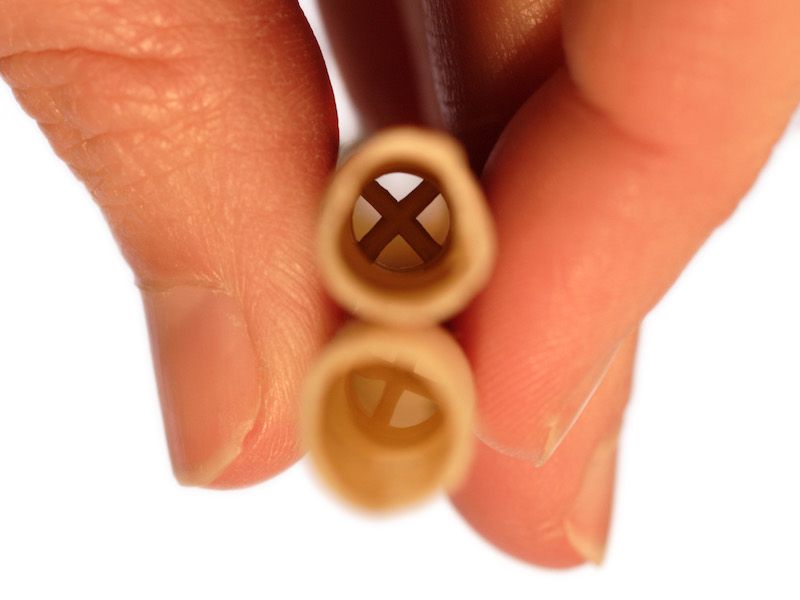
In some groups, the practice called “ear candling” is routinely believed to be an effective way to reduce earwax. Is ear candling effective and what is it?
Earwax Candles, is it Effective?
Spoiler alert: No. They absolutely don’t work.
Why then, does this piece of pseudo-science keep finding its way into the heads of otherwise rational human beings? That’s a tough question to answer. But the more you know about earwax candling, including the risks involved, the more likely you can develop an informed decision (even if the logical decision is pretty clear).
What is Earwax Candling?
So here’s the basic setup: Perhaps you aren’t sure how to get rid of all your built up earwax. You know you aren’t supposed to use cotton swabs (which is good, cotton swabs are not an ideal way to clear out your ears, in most cases). So, after doing some research, you discover a technique known as earwax candling.
Here’s how earwax candling theoretically works: You create a pressure differential by cramming the candle into your ear, wick side out. The wax in your ear, then, is pulled outward, towards the freedom of the open world. Theoretically, the pressure difference is enough to break up any wax that may be log-jamming in your ear. But this dangerous technique is not a smart way to clean your ears.
Why Ear Candling Doesn’t Work
This practice has a few issues, like the fact that the physics just don’t work. There’s simply no way for a candle to generate that kind of pressure differential (and in order to move earwax around, that pressure differential would need to be quite substantial indeed). Also, a candle doesn’t possess the sort of seal necessary to hold pressure.
Now, there are supposed to be special candles used in this “procedure”. When you’re done with your fifteen minutes of ear candling, you can break apart the candle and, in the middle, see all bacteria, debris, and wax that had previously been in your ear. The only problem is that the same detritus shows up in both used and unused candles. So the whole practice amounts to fraud.
Earwax candling has never been proven scientifically to have any benefit at all.
So we Know Ear Candling Doesn’t Work But Dangerous is it?
What’s the harm in giving it a shot, right? Well, you’re looking for trouble anytime you get a hot candle around your ears. You might be fine if you try earwax candling. People do it regularly. But there are certainly hazards involved and it’s certainly not safe.
The negative impacts of ear candling can include:
- Your ear can be severely burned. Serious hearing issues and burns can be the result of getting hot wax in your ear. This could permanently damage your hearing in the most extreme cases.
- Once the wax cools down it can block your ear canal. This can cause temporary hearing loss or, in the most serious cases, call for surgery.
- You might cause severe harm when you play around with an open flame and potentially even put your life in danger. Seriously, you may burn down your house. It’s not worth the risk to try this useless technique of wax removal.
You Don’t Need a Candle to Clean Your Ears
Most people will never actually have to be concerned about cleaning earwax out of their ears. That’s because the human ear is essentially a self cleaning system. Nevertheless, there are a few people who will have abnormally heavy earwax production or accumulation to contend with.
If you do need to clean your ears out due to too much wax, there are scientifically-proven (and effective) ways to do that properly. For example, you could get a fluid wash. Or you could see a professional who will be capable of using specialized tools to clean the excess wax or wax blockages out.
Cotton swabs are definitely a no-no. And you should also avoid using an open flame to clear out earwax. Earwax candling doesn’t work, and it can create dangers that will put your comfort and your hearing in significant danger. So maybe it’s time to put away those special candles
